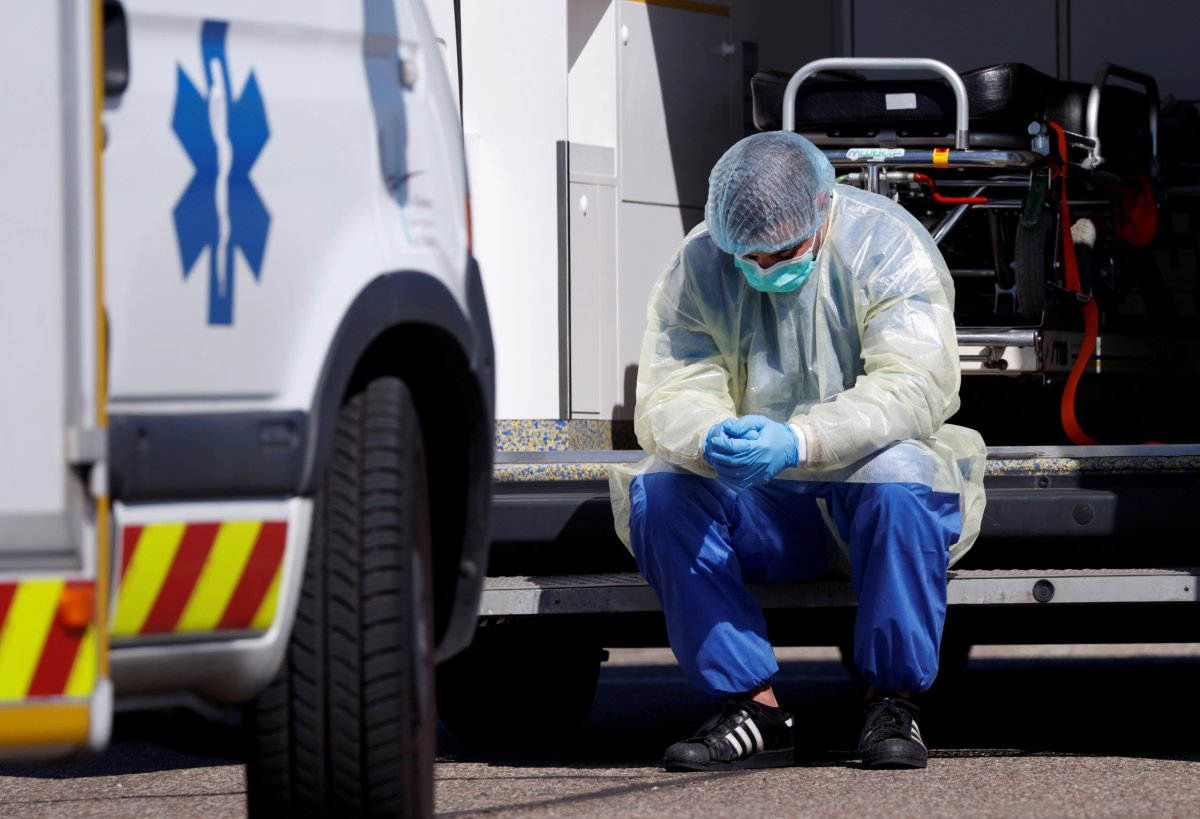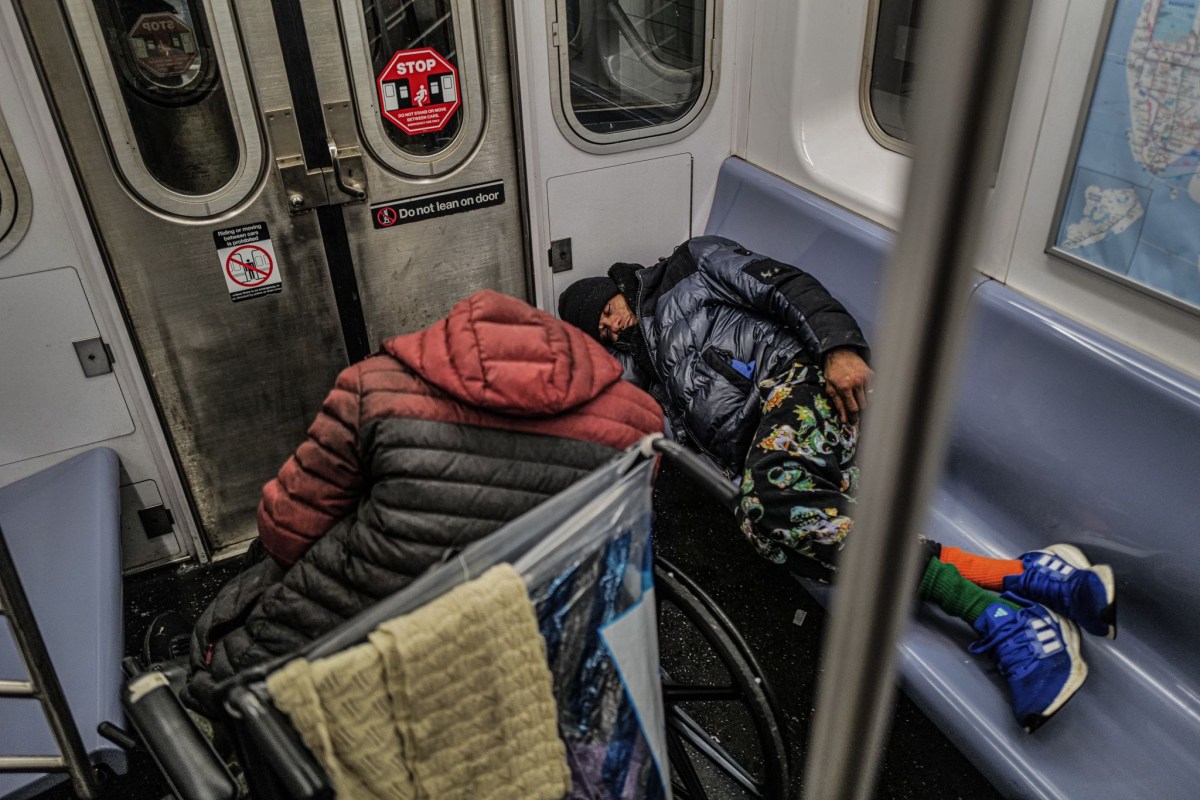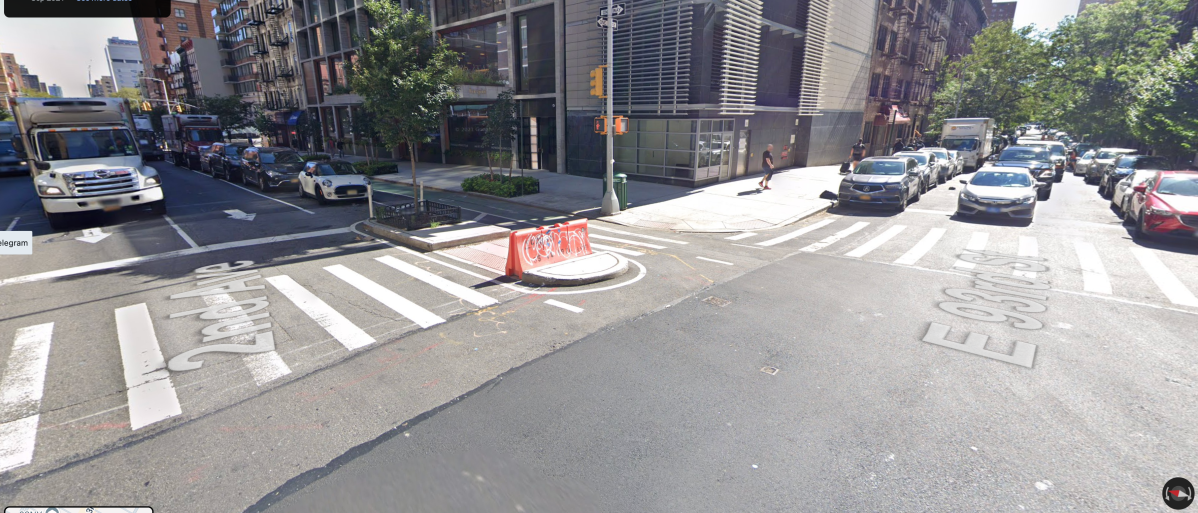(Reuters) – Here’s what you need to know about the coronavirus right now:
Big data on lock-downs
Google data published yesterday reveal some interesting geographical differences on how the coronavirus outbreak has – and has not – changed people’s behaviours.
Its reports cover 131 countries and show to what extent visits to shops, parks and workplaces dropped in March, when many governments issued stay-at-home orders.
In Italy, one of the countries hardest hit by the virus, visits to retail and recreation locations, including restaurants and movie theaters, plunged 94%. Reflecting the severity of the crisis there, grocery and pharmacy visits dropped 85% and park visits were down by 90%.
In California, the first U.S. state to implement a statewide lockdown, visits to retail and recreation locations dropped by half. By contrast, Arkansas, one of the few states without a sweeping lockdown, has seen such visits fall 29%, the lowest for a U.S. state.
Masking up
As mentioned here earlier this week, one effect of the pandemic has been how the reluctance of many Westerners in particular to the wearing of masks has broken down. Now the Trump administration looks set to join local U.S. officials in advising Americans to wear masks when venturing out, after the U.S. death toll this week rose by 1,000 in a single day for the first time.
Speaking at a White House briefing, Deborah Birx, a member of Trump’s coronavirus task force, said the U.S. Centers for Disease Control and Prevention (CDC) would in the coming days add a recommendation on masks to its guidelines. But Birx said Americans should not develop a “false sense of security” that masks mean full protection.
Coronavirus cases pass the million mark
There are now over a million official cases of coronavirus, and more than 53,000 deaths as of 0200 GMT on Friday, according to a Reuters tally. It took 76 days from Jan. 10 for the first 500,000 cases of coronavirus to be reported. That figure doubled in the next 8 days.
Infections in the United States total 240,000, Europe accounts for more than half of cases, East Asia has almost 100,000 and the Middle East has reported over 80,000.
France alone reported more than 1,300 deaths in the last day, when it began including previously unreported fatalities from nursing homes, bringing its total toll to nearly 5,400.
(For an interactive graphic tracking the global spread, open https://tmsnrt.rs/3aIRuz7 in an external browser.)
Carbon emissions drop the most since WW2. Will it last?
Carbon dioxide emissions could fall by the largest amount since World War Two this year as the coronavirus outbreak brings economies to a virtual standstill, according to Rob Jackson, the chair of the Global Carbon Project, a network of scientists providing benchmark emissions data.
Experts warn that without structural change, the emissions declines caused by coronavirus could be short-lived and have little impact on the concentrations of carbon dioxide that have accumulated in the atmosphere over decades.
(Compiled by Karishma Singh and Mark John; Editing by Hugh Lawson)























